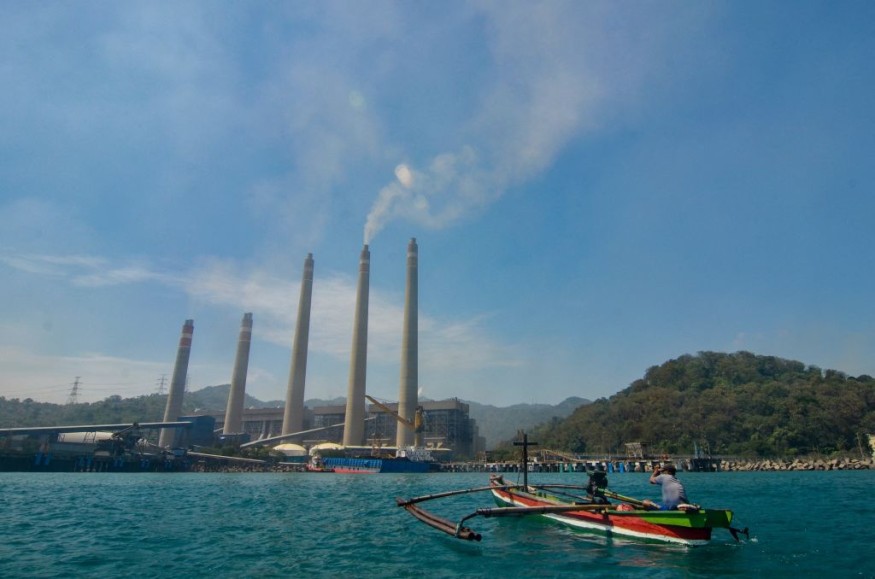
At the COP28 climate summit, nearly 200 countries have reached an agreement that, for the first time, mandates that all countries move away from fossil fuels in order to prevent the worst effects of climate change.
Following two weeks of contentious talks in the United Arab Emirates, COP28 president Sultan Al Jaber swiftly signed the deal on Wednesday morning.
Delegates gave him standing ovations, and Simon Stiell, the UN climate chief, gave him a hug.
Strong Accord
The accord is stronger than a plan that was introduced earlier in the week and infuriated several countries.
It was accepted without the floor confrontation that many had feared. However, it gave countries a lot of leeway in their "transition" away from fossil fuels and did not demand an absolute phase-out of coal, gas, or oil.
Al Jaber contended that the agreement-which was reached during the hottest year on record-was a comprehensive response to an international assessment that revealed nations were falling short of the historic Paris Climate Agreement's objectives, notably the pledge to attempt to keep global warming to 1.5C (2.7F) over preindustrial levels.
"It is an enhanced, balanced, but make no mistake, a historic package to accelerate climate action. It is the UAE consensus. We have language on fossil fuel in our final agreement for the first time ever," he added.
UN chief António Guterres stated in his statement that limiting global warming to 1.5°C, one of the cornerstone targets set in the landmark 2015 Paris Agreement, is "impossible without the phase out of all fossil fuels," which is recognized by a growing and varied coalition of countries.
He stressed that the world cannot afford "delays, indecision, or half-measures" and that "multilateralism remains humanity's best hope."
"It is essential to come together around real, practical and meaningful climate solutions that match the scale of the climate crisis," said Guterres.
Read Also : UN COP28: UAE Plans To Use Climate Meetings To Promoto Oil and Gas Deals, Documents Says
Document Fell Short
Countries from the global south and climate justice groups said the document fell short of what was required in terms of emissions reductions and funding to assist the most vulnerable in dealing with increased extreme weather and heat, and included language that looked to appease fossil fuel interests.
There was some uncertainty in the plenary hall shortly after the agreement was passed since several parties expected a debate over the language.
The Alliance of Small Island States, which represents 39 countries, stated that it was not present when the agreement was reached because it was still coordinating its reaction.
"No, the Cop28 agreement will not enable the world to hold the 1.5C limit, but yes, the result is a pivotal landmark. This agreement delivers on making it clear to all financial institutions, businesses and societies that we are now finally - eight years behind the Paris schedule - at the true 'beginning of the end' of the fossil fuel-driven world economy," said Prof Johan Rockström, of the Potsdam Institute for Climate Impact Research in Germany.
Countries will meet again at COP29, which will take place in Baku, Azerbaijan, in November.
Related Article : 120 Nations Agree To Expand Renewable Energy Within 7 Years at COP28 Climate Conference
© 2025 NatureWorldNews.com All rights reserved. Do not reproduce without permission.





